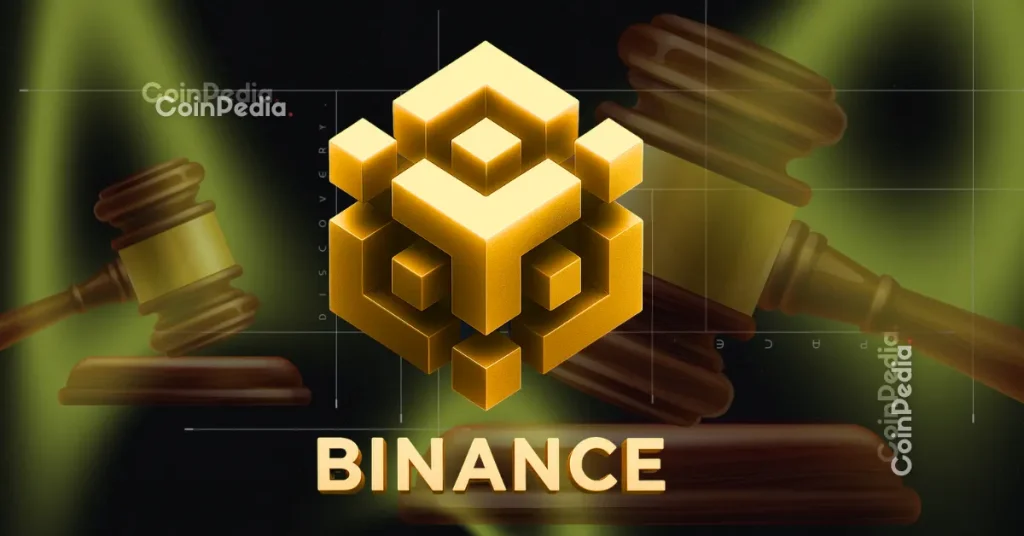The decentralized finance (DeFi) landscape, often lauded for its transparency and community-driven ethos, is currently grappling with a significant crisis of confidence. In the wake of recent market volatility and unforeseen protocol events, prominent DeFi curators Re7 and Silo are facing an unprecedented wave of criticism from their user bases. Accusations range from opaque decision-making to inadequate risk management, fueling widespread discontent and raising critical questions about the efficacy and accountability of centralized points within ostensibly decentralized systems.
The Unfolding Discontent and Allegations
The backlash against Re7 and Silo emerged sharply in mid-November 2025, following a series of cascading liquidations and unexpected asset de-pegs within a major lending protocol they were instrumental in guiding. Users point to specific governance proposals and operational decisions, or lack thereof, made by Re7 and Silo that they argue exacerbated losses for many participants. Critics allege that crucial information regarding protocol health and potential mitigation strategies was either withheld or communicated too late, leaving retail and institutional users alike exposed to significant downside risk.
- Opaque Decision-Making: Concerns were raised about the rapid execution of certain parameter changes without sufficient community consensus or clear rationale.
- Inadequate Risk Assessment: Users claim that the curators failed to foresee and prepare for specific market conditions, particularly the interconnectedness of certain pegged assets.
- Delayed Communication: A major point of contention is the perceived sluggishness in addressing user concerns and providing timely updates during critical periods of market stress.
The Pivotal Role of DeFi Curators
Re7 and Silo, while not developers of the core protocol, have historically held significant sway within its ecosystem. Their roles extended beyond mere advisory, often involving substantial delegated voting power, operational management of key liquidity pools, and even influence over oracle selections. In many ways, they acted as de facto guardians, entrusted by the community to ensure stability and growth. This elevated position, however, now places them directly in the crosshairs of frustrated users who feel their trust has been betrayed. The incident underscores a persistent tension in DeFi: how to balance the need for efficient, expert-led decision-making with the foundational principles of decentralization and user empowerment.
Eroding Trust and Ecosystem Impact
The fallout from this incident extends far beyond the immediate financial losses. The most significant long-term consequence is the erosion of trust, a cornerstone of any thriving decentralized ecosystem. When key players like Re7 and Silo are perceived as failing in their duties, it sends ripples of doubt through the entire DeFi space, potentially deterring new users and capital. Furthermore, the event has reignited debates about:
- Centralization Risks: Even in decentralized protocols, points of significant influence can emerge, creating single points of failure or manipulation.
- Accountability Frameworks: The lack of clear legal or on-chain accountability for curators’ actions leaves users with limited recourse, highlighting a governance gap.
- Whale Dominance in Governance: The incident spotlights the disproportionate power held by large entities or “whales” in on-chain governance, often to the detriment of smaller participants.
Forging a Path Towards Robust Decentralized Governance
In the wake of this controversy, calls for a more robust and truly decentralized governance model have intensified. Solutions being proposed include enhancing transparency requirements for influential entities, implementing more granular voting mechanisms, and diversifying delegated power across a wider range of participants. Some argue for mandatory post-mortem analyses for significant protocol events, coupled with clear frameworks for redress when negligence is demonstrated. The community’s vocal outcry may serve as a critical catalyst for the next evolution of DeFi governance, pushing for systems that are not only resilient against market shocks but also genuinely accountable to their users.
Conclusion
The public denouncement of Re7 and Silo serves as a stark reminder of the complexities inherent in managing decentralized protocols, particularly during times of market stress. While the immediate focus is on addressing the fallout and regaining user confidence, the broader implications for DeFi governance are profound. This incident could mark a pivotal moment, forcing the ecosystem to confront its semi-centralized tendencies and innovate towards truly resilient, transparent, and user-accountable structures. The future of DeFi hinges on its ability to learn from these challenges and reinforce the very principles it was founded upon.
The post DeFi Crisis Deepens: Users Blast Re7 and Silo Curators Amidst Protocol Turmoil appeared first on FXcrypto News.




















 24h Most Popular
24h Most Popular






 Utilities
Utilities